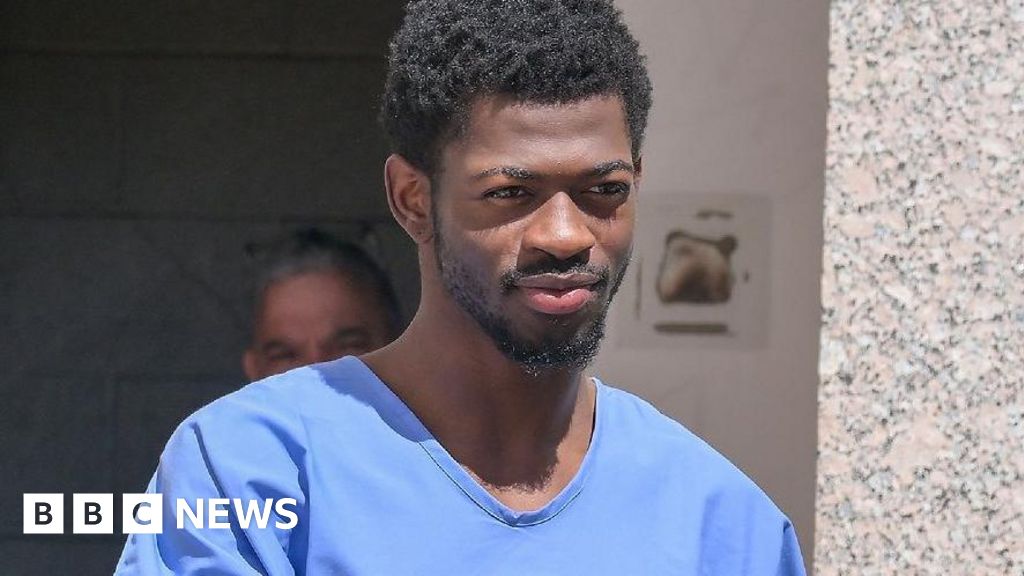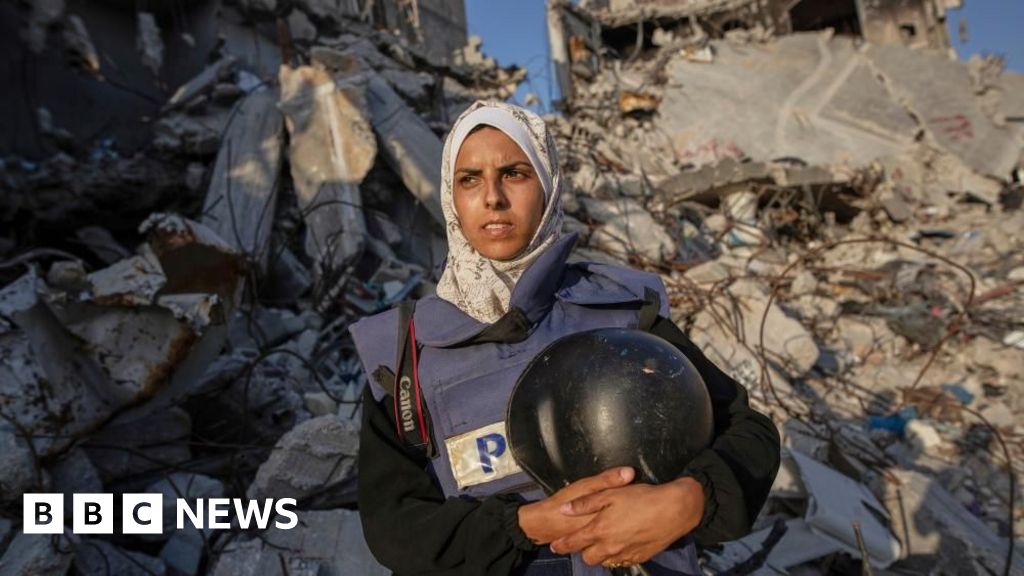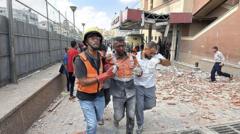In Suweida province, Syria, a distressing situation is unfolding following sectarian clashes that have raised alarms among the local population. Reports have surfaced accusing Syrian government forces of executing a brutal assault on the National Hospital, leading to the alleged massacre of patients amidst their care.
A recent visit by BBC ascertained dire circumstances at the hospital; the stench of death permeated the air as bodies lay within white plastic bags in the hospital's parking lot, visibly decomposing and exposed. Medical professionals described the scene as overwhelmingly traumatic and indicative of a targeted attack.
Dr. Wissam Massoud, a neurosurgeon at the hospital, recounted the violent intrusion by soldiers purportedly there to establish order, yet whose actions resulted in the tragic loss of life, stating, "They killed scores of patients from the very young to the very old."
Witness accounts have highlighted that the government troops specifically aimed their assault at the Druze community, with volunteer Kiness Abu Motab remarking, "What is their crime? Just for being a minority in a democratic country?" Eyewitness Osama Malak recounted horrific details, claiming, "They shot an eight-year-old disabled boy in the head," further illustrating the brutal reality that hospitals, guaranteed protection under international law, experienced direct violence.
Multiple groups involved in the conflict have been accused of atrocities, making it challenging to differentiate truth amid the turmoil. Initial estimates suggest that the death toll from last Wednesday's conflict could exceed 300, although this claim remains unverified due to restricted access to the area.
The Syrian defense ministry acknowledged disturbing reports of "shocking violations" and promised a thorough investigation into the allegations of wrongdoing. Entry into Suweida City is heavily monitored by military forces, complicating access for journalists and humanitarian efforts, while reports of destruction, including burned shops and bombed buildings, reveal the severity of ongoing hostilities.
In one poignant moment, the ravages of war were brought into stark relief when a young girl, Hala Al Khatib, was discovered wounded, altered forever by violence that resulted in her parents' deaths. This haunting scene epitomizes the tragic human cost of conflict in Syria, as calls for accountability and human rights observance grow ever more urgent.

















